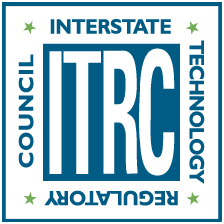Climate
Executive Order
Executive order calling for Michigan to adhere to the Paris Agreement, promote clean energy, and reduce pollution.
https://www.michigan.gov/whitmer/0,9309,7-387-90499_90704-488740–,00.html
https://www.michigan.gov/documents/whitmer/Executive_Directive_2019-12_646944_7.pdf
Plan / Strategy
Multiple stakeholder coalition report to address public health and environmental justice issues related to climate change impacts.
https://detroitenvironmentaljustice.org/wp-content/uploads/2017/10/CAP_WEB.pdf
Wildfire
Website
Information on forest certification, fire management, management strategies, private landowner assistance, urban forestry, commercial timber sales, forest products industry, and pubic input.
https://www.michigan.gov/dnr/0,4570,7-350-79136_79237_80917—,00.html
Interactive graphs showing the number of fires the DNR responds to every year.
https://www.michigan.gov/dnr/0,4570,7-350-79136_79237_80917-458731–,00.html
This site was developed to facilitate information about wildland fire incidents to the public and to support the day-to-day operations of wildland fire managers in their efforts to control them.


